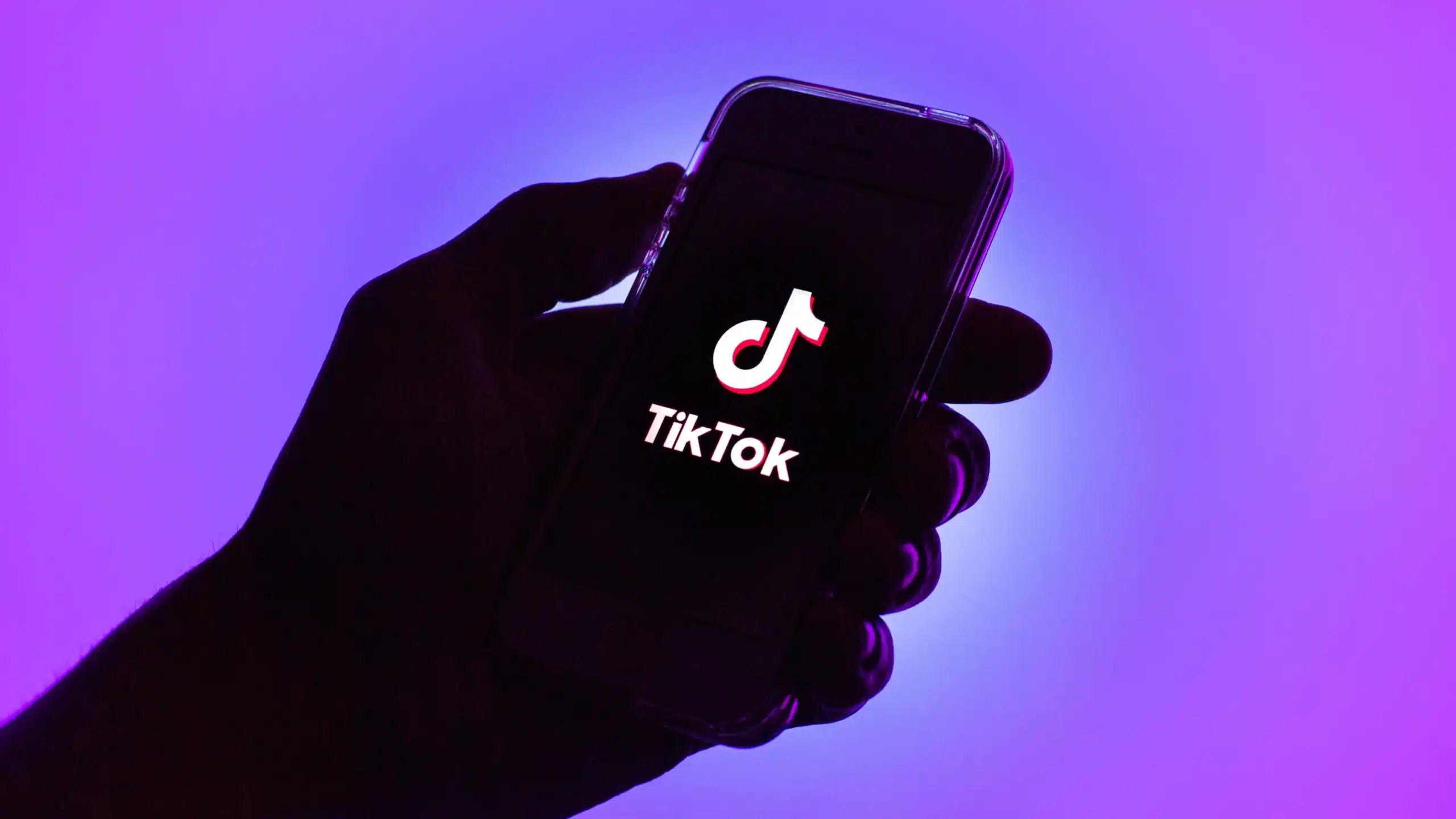On Thursday, the United Kingdom declared a prohibition of the Chinese-owned video app TikTok on official government devices, in line with the actions taken by the European Union and the United States.
"We shall do so with immediate effect," Cabinet Office minister Oliver Dowden told parliament.
Because they are concerned that Chinese authorities may misuse or use the app, which is owned by the company Bytedance, more and more strict measures are being taken by Western authorities.
According to Dowden, specialists evaluated the risks associated with using third-party apps in regard to private information from the government.
Government devices will only be able to access apps that have been pre-approved as part of the procedures.
The "government-corporate devices" used by ministers and ministries will be subject to the restriction; however, personal devices and the general public will be excluded.
Dowden called the action "proportionate" and advised users to proceed with "care" when downloading apps.
For a very long time, ByteDance has stated that it does not store data in China or share it with Beijing.
According to US officials, TikTok would avoid a larger national ban if it parted ways with ByteDance.
Beijing's foreign ministry demanded on Thursday that Washington stop "unreasonably restraining" TikTok, which has more than a billion subscribers worldwide.
The US has not yet provided evidence that TikTok poses a threat to the country's security, spokesman Wang Wenbin told reporters.
This week, in a review of its defense and foreign policies, the UK provided measures to address what it described as the "epoch-defining threat" faced by China.
The UK is looking for fresh markets and influence in Asia since it left the European Union, partly to compete with China.
One of its goals is to develop security organizations so that critical infrastructure is more resilient.
By prohibiting Huawei from participating in the deployment of the nation's 5G network, the UK previously infuriated Beijing.
Additionally, it has prevented Chinese companies from acquiring UK electronics companies and barred China General Nuclear from participating in the development of a new power plant.
Rishi Sunak, the current prime minister, pledged to be strong on China when he unsuccessfully ran to succeed Boris Johnson in July, labeling the Asian behemoth the "number one threat" to national and international security.
He alleged that China was "taking our technologies and entering our colleges" at the time.
Sunak, who took over from Liz Truss as Johnson's replacement in Downing Street, has emphasized the necessity of continuing diplomatic relations with China.




















